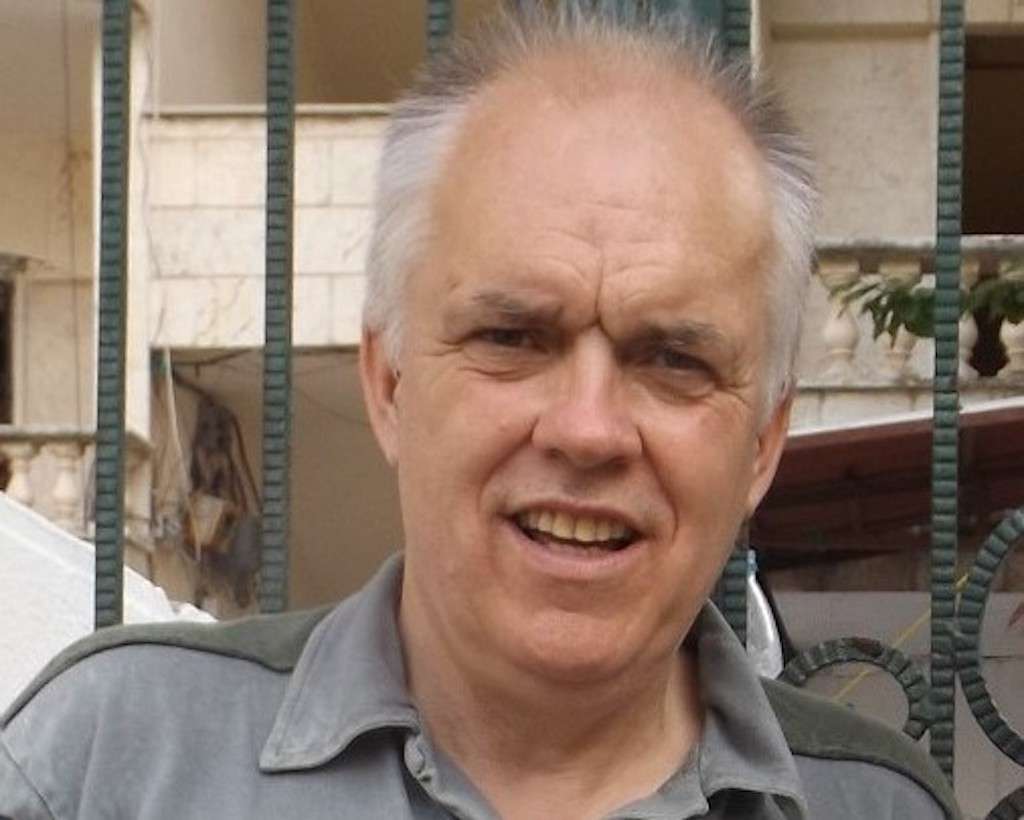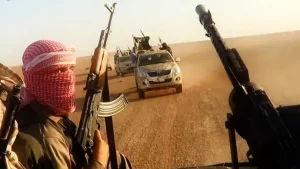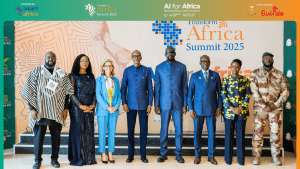Declan Hayes: Why is ISIS here, there and everywhere?

This website’s recent report that the Islamic State (ISIS) is particularly active throughout Africa, “the Sahel region, the Lake Chad Basin and in Mozambique” in particular, piqued my interest, as I am sure it did that of many others. Given that the BBC tells us that “IS has officially declared that it has a presence in the following countries and regions: Iraq, Syria, Libya, Egypt, Yemen, Saudi Arabia, Algeria, “Khorasan” (the Afghanistan-Pakistan region), “the Caucasus”, “East Asia” (mostly active in the Philippines), Somalia, and “West Africa” (mostly active in Nigeria)”, it seems that we have a major problem on our hands with these characters, even if “some of these branches, such as Algeria and Saudi Arabia, have barely claimed any activity, and others like “the Caucasus” rarely claim attacks”.
This recent House of Commons report not only echoes those concerns but cites MI5 boss Sir Ken McCallum and the United Nations Security Council to underline those concerns, which the Hague-based International Centre for Counter-terrorism and the Washington Institute also share.
Although this Brookings testimony to Capitol Hill on the differences between Al Qaeda and ISIS is now over a decade old, it is still helpful as it claims there is a division of labour between the two groups, “that Al Qaeda and its affiliates remain a threat to the U.S. homeland, while the Islamic State’s danger is more to the stability of the Middle East and U.S. interests overseas” and, importantly that “the United States can exploit this split, both to decrease the threat and to weaken the movement as a whole”, much as the United States successfully used the Taliban against the Soviets in Afghanistan.
We can, in other words, assume that someone, who wants Africa in chaos, is at the wheel of this multi headed global monster.
Although dividing and conquering is hardly a new or novel idea, it can scarcely claim to be working in this case if ISIS is spreading its tentacles all over Africa. Perhaps what is needed is a reversion to first principles, to find out who or what motivates them, who funds and supplies them and how they can be eviscerated.

The evidence in Syria, prior to Russia’s aerial intervention, was that ISIS were very well funded and equipped with fleets of brand new Toyota pickups that would have put most medium sized national armies to shame. Although much of their funding came from looted Syrian assets, there has been no systematic forensic investigation as to where the rest of their funding came from. Perhaps, much like the Epstein files, far too much dirty linen would emerge if the forensic accountants were let loose on ISIS’ funding sources.
Next is their logistical supply lines, which allowed entire armies to be moved from the Libyan to the Syrian front and back again. Although that suggests the collusion of various national states in cahoots with ISIS, it would be impossible to do without the assistance of groups of well placed logistical planners, who are usually to be found only in places like national armies, with the Pakistani Army’s collusion with the Taliban in their anti-Soviet war being an important precedent in that regard. This conclusion is further strengthened when we consider that ISIS continues to be a major problem in what was formerly French Africa. We can, in other words, assume that someone, who wants Africa in chaos, is at the wheel of this multi headed global monster.

If we then assume that those same forces are funding the radio and other media messages ISIS broadcast to their troops in the field and to their lone wolves in Europe and North America, then maybe we could begin to recognise who the enemy is and why they are popping up from one end of Africa to the other.
READ: Glenn Diesen: Europe’s new political class is rejecting reality
But the truth, to me at least, is that fighting ISIS is not now and perhaps never was a priority, as the West’s three main villains are China, Russia and Iran, who have all been at the receiving end of ISIS’ less than tender mercies. If ISIS is now or ever was a major target, then it would have long ago been crushed but then, perhaps ISIS’ longevity can be explained by the old mantra that the enemy of my enemy is my useful friend. And, though that may sound cynical, I can think of no better explanation for why our cynical leaders continually give these cut throats and serial rapists a free pass.
The views expressed in this article belong to the author and do not necessarily reflect the editorial policy of Maghrebi.org. Declan Hayes is an Irish academic and geopolitical expert.
If you wish to pitch an opinion piece please send your article to grace.sharp@maghrebi.org
Want to chase the pulse of North Africa?
Subscribe to receive our FREE weekly PDF magazine













